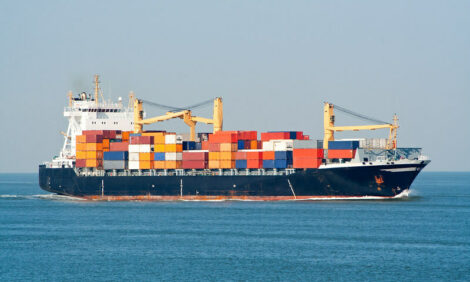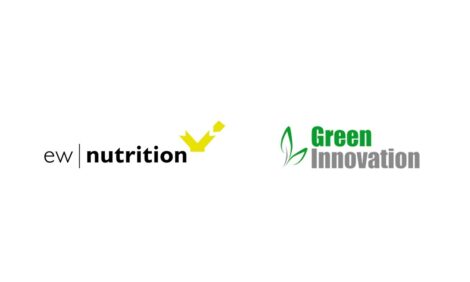



Farmers Warned to Cooperate or Risk Losing Business
NETHERLANDS – Dutch dairymen could face being snubbed by processors unless they keep to new milk production ideals of responsible farming.A dairy industry organisation, along with the agricultural industry board has warned that processing plants could reject milk if not produced sustainably.
The dairy sector has issued a vision of milk production following quota removal on 31 March 2015 which incorporates supply chain transparency, grazing agreements and manure management along with animal welfare protocol.
The prescriptions appear in a joint Dutch Dairy Association (NZO) and Dutch Federation of Agriculture and Horticulture (LTO) ‘Responsible Development of Dutch Farming’ proposal.
Environmental measure include a ‘phosphate ceiling’ and greenhouse gas and ammonia emission constraints are highlighted in the proposal.
Furthermore, the 2012 Memorandum of Grazing was cited as a key document to maintain grazing practice.
In terms of addressing non-compliance, the announcement called on government bodies and dairy companies to support the plan by committing to punish noncompliant holdings.
Both groups believe the vision answers the important burning questions the industry, public and government has about the future of Dutch dairying.
“Cows are visible to the public and a good relationship between the land and animals is of great importance, contributing hugely to the Dutch landscape,” said the NZO.
However, the LTO and NZO both recognise enforcing change could be difficult.
The NZO said: “Regional and local licensing authorities will be required to keep up with this vision and produce new licenses. This can be done by setting to companies that need a license, so that these farms are guaranteed additional requirements.”
”Individual dairies will decrease milk and processing of new businesses that do not fit future intended aims.”
Summarising the future, the NZO said: “Together, dairy farming and the dairy industry can be a robust economic sector with concrete goals in the field of climate and energy, animal health and animal welfare and biodiversity and the environment.”
Michael Priestley
News Team - Editor
Mainly production and market stories on ruminants sector. Works closely with sustainability consultants at FAI Farms



